Dog Vaccinations for Every Lifestage: Essential Health Guide
Vaccinating dogs is essential for keeping them healthy from the time they are puppies until they reach old age. Vaccines provide a safe and affordable way to guard against many dangerous diseases.
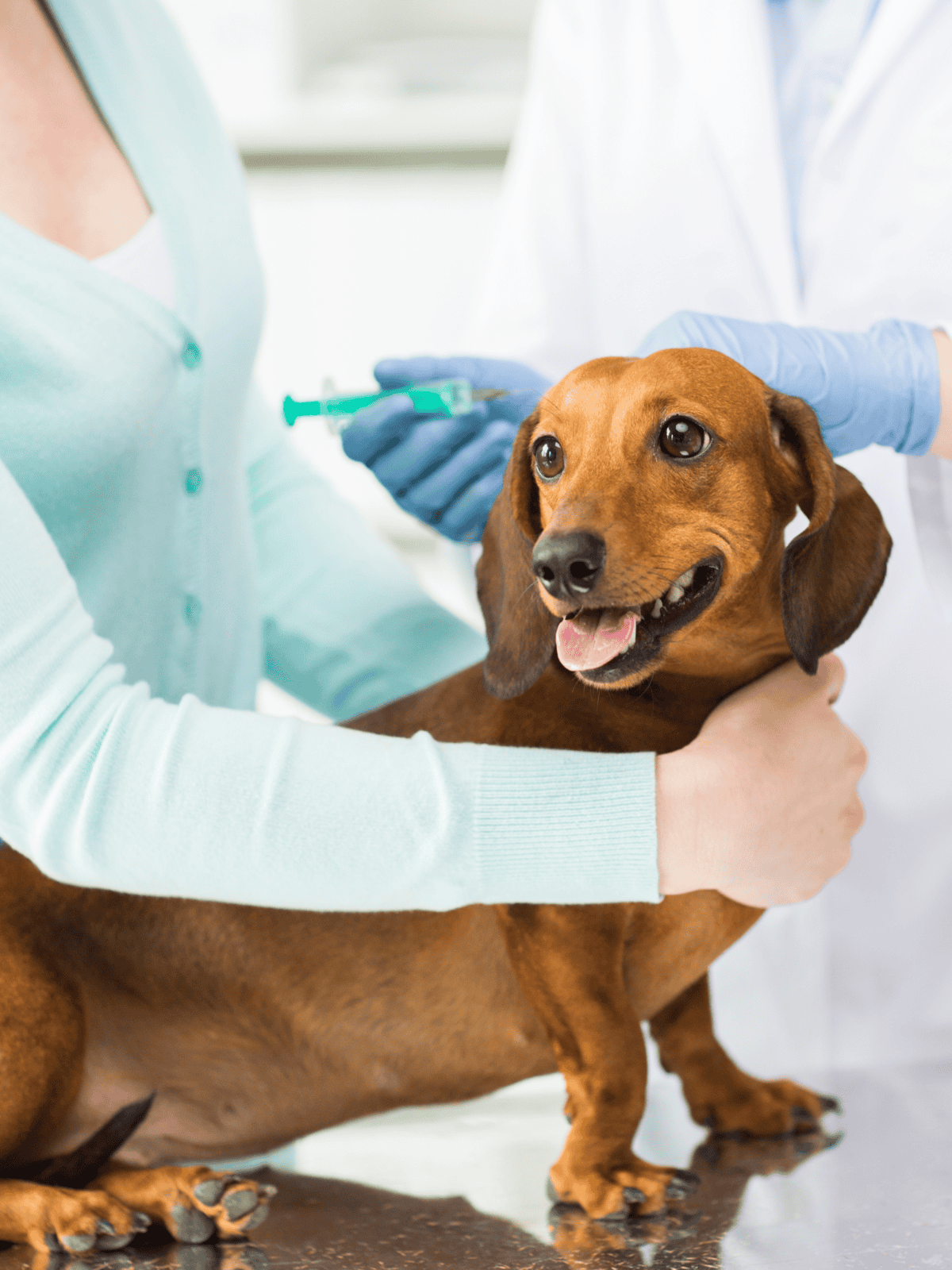
Advancements in the science of dog vaccinations have greatly improved their safety and effectiveness. This progress helps protect dogs from both familiar and new health threats.
What Are the Common Dog Vaccinations?
Essential Vaccinations
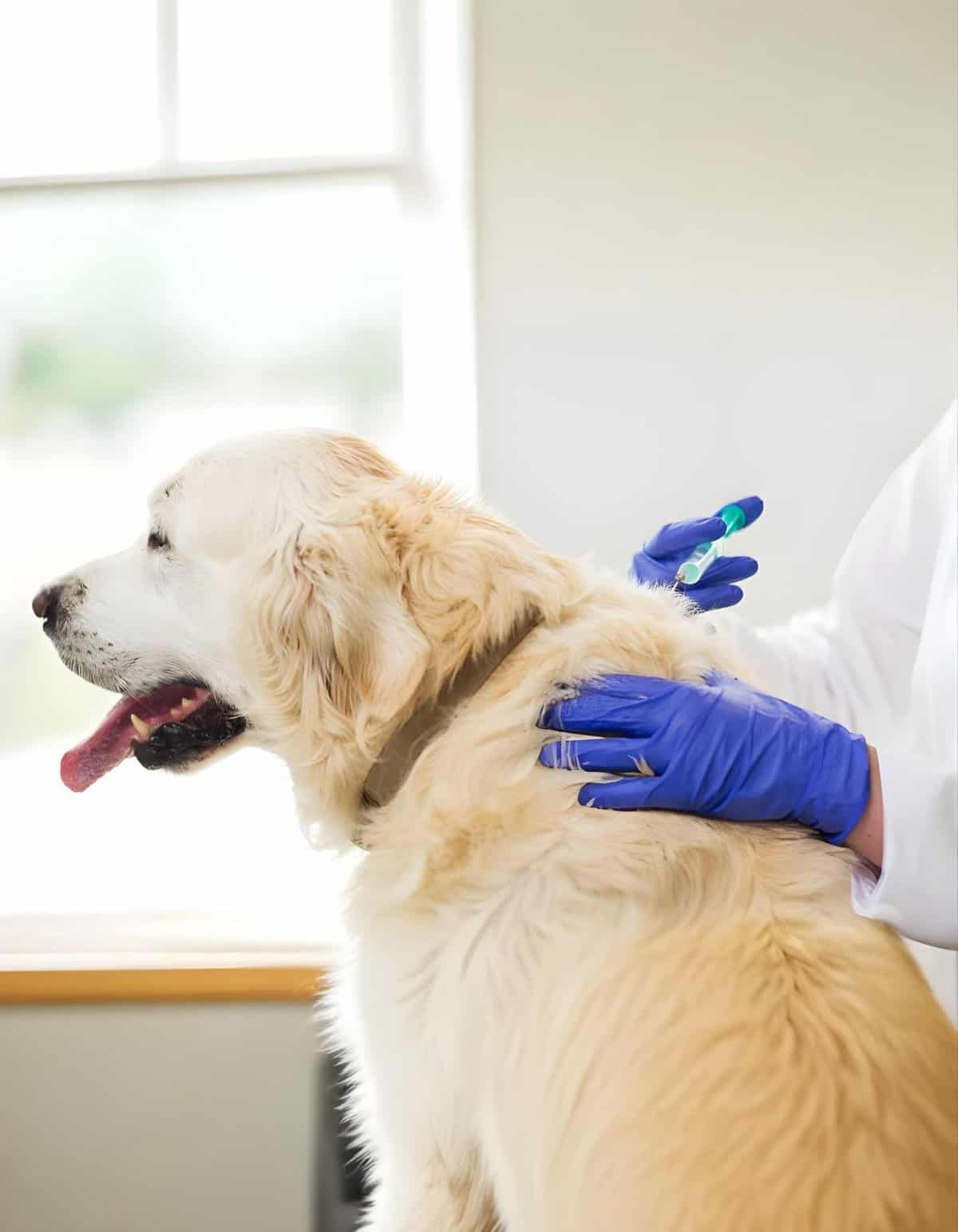
Essential vaccinations are mandatory for all dogs and puppies. These include:
- Canine distemper/adenovirus-2 (hepatitis)/parvovirus/parainfluenza vaccine (combined into one shot, often called DA2PP, DHPP, or DAPP)
- Rabies vaccine
Optional Vaccinations

Optional vaccinations, also known as lifestyle vaccines, are given based on various factors like location and pet lifestyle. These vaccines can prevent serious and highly contagious diseases.
Factors a vet considers for these vaccines include:
- Geographic location and risk of disease
- Visits to doggy day care, dog parks, or boarding facilities
- Activities like travel, hiking, or exposure to wilderness and water
- The dog’s overall health
Optional vaccines include:
- Bordetella bronchiseptica (kennel cough) vaccine
- Leptospira (Leptospirosis) vaccine
- Borrelia burgdorferi (Lyme disease) vaccine
- H3N2/H3N8 (canine flu) vaccines
- Crotalux atrox (rattlesnake) vaccine
Puppy Vaccine Schedule
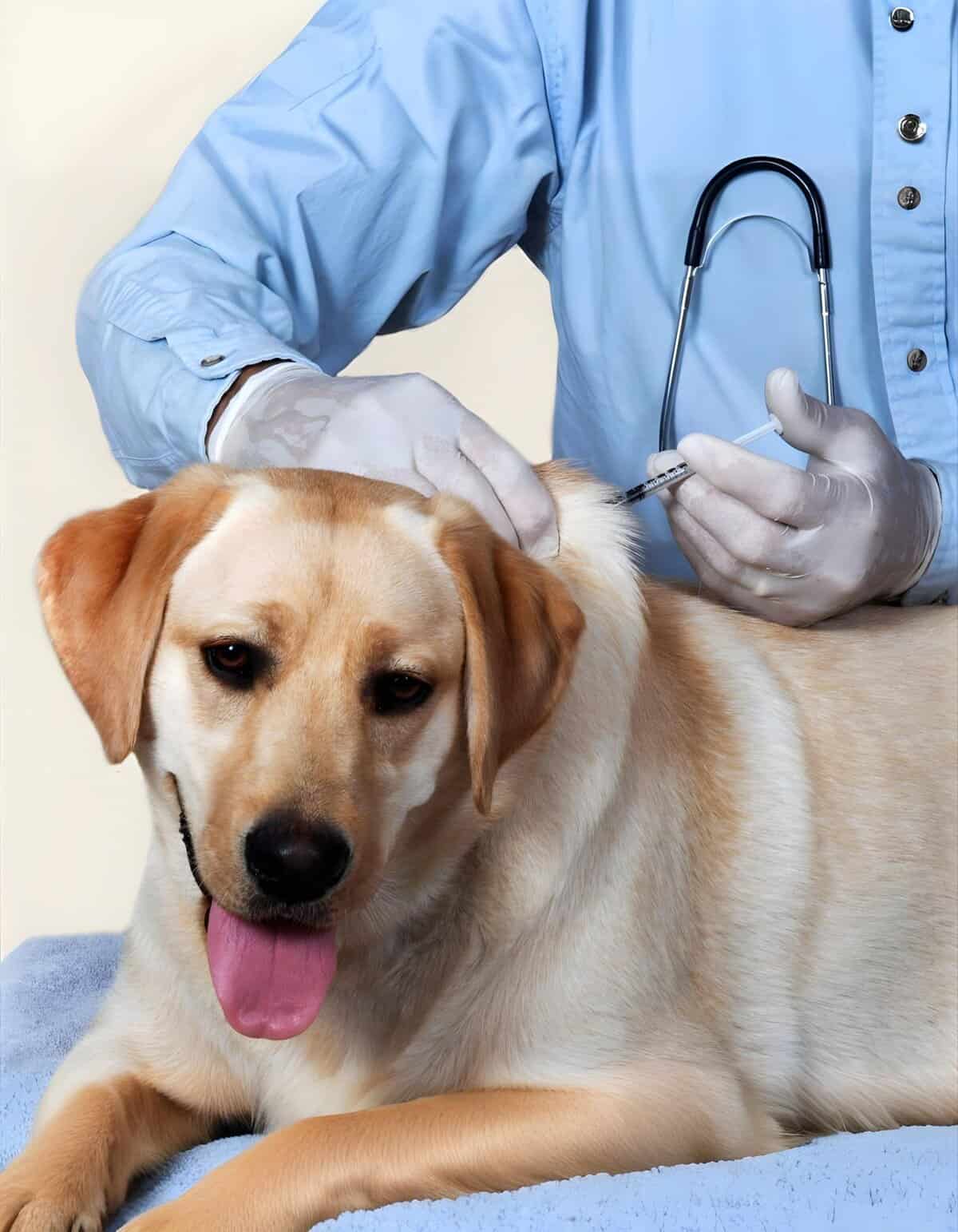
Puppies receive their vaccines every two to four weeks until they are at least 16 weeks old. In areas with higher risk, the last vaccines might be given around 18 to 20 weeks of age.
| Age (Weeks) | Core Vaccines | Noncore Vaccines |
| 6–8 | DAP (Distemper, Adenovirus/Hepatitis, Parvovirus) | Bordetella, Parainfluenza (often included in DAP combo vaccine) |
| 10–12 | DAP | Leptospirosis, Lyme, Canine influenza |
| 14–16 | DAP (vets prefer giving final DAP vaccine at 16 weeks or later), Rabies (may be given earlier if required by law) | Leptospirosis, Lyme, Canine influenza |
Regular check-ups with a veterinarian are essential to create a tailored vaccine schedule for each puppy, ensuring they get the protection they need.
Enjoying this read?
We publish this content for free to generate interest in our Premium members' area. By subscribing, you can ask the writer any questions related to pet care and this article, get access to 100+ Premium Pet Care Guides and go Ad-Free with DogFix Premium for $2.99.
Maternal Antibodies and Vaccine Efficacy
When puppies are born, they receive maternal antibodies from their mothers. These antibodies help protect them from diseases during the early weeks of life.

Maternal antibodies are transferred through the mother’s milk, especially the first milk called colostrum. This is why it’s important for puppies to nurse within the first 24 hours.
These antibodies can interfere with the effectiveness of vaccines. When a puppy has high levels of maternal antibodies, the vaccine might not work as well.
Vaccines need to be given at specific times to ensure they are effective. Typically, puppies start their vaccination schedule at 6-8 weeks of age.
Adult Dog Vaccine Schedule

Adult dogs need both core and noncore vaccines. Core vaccines include DAP and rabies. Noncore vaccines are decided between the owner and the veterinarian.
Frequency:
- Annual Vaccines:
- Rabies (initial vaccine)
- Leptospirosis
- Lyme
- Canine influenza
- Bordetella (sometimes given every 6 months)
- Every 3 Years:
- DAP
- Rabies (given every 3 years after the initial vaccine)
Currently, there are no non-core vaccines that are administered every 3 years.
If a dog is overdue for a vaccine or receiving it for the first time, the veterinarian may suggest a booster or an annual schedule. This helps ensure the dog remains fully protected.
Senior Dog Vaccination Needs
As dogs age, their vaccination needs can change. It’s important to assess their health risks and determine the right vaccine schedule for them.
Assessing Risk
Senior dogs often have different health risks compared to younger dogs. A vet should check their overall health and lifestyle. Some vaccines may no longer be needed, while others may become more important. Factors like the dog’s environment, travel habits, and contact with other animals matter.

Older dogs sometimes have weaker immune systems. If the dog has a chronic illness, other health issues, or a compromised immune system, the vet might adjust the vaccine strategy.
Frequency and Type
The frequency of vaccinations can change for senior dogs. Instead of annual shots, some vaccines may be given every three years. Core vaccines, like rabies, distemper, and parvovirus, may still be necessary, but the schedule could be less frequent.
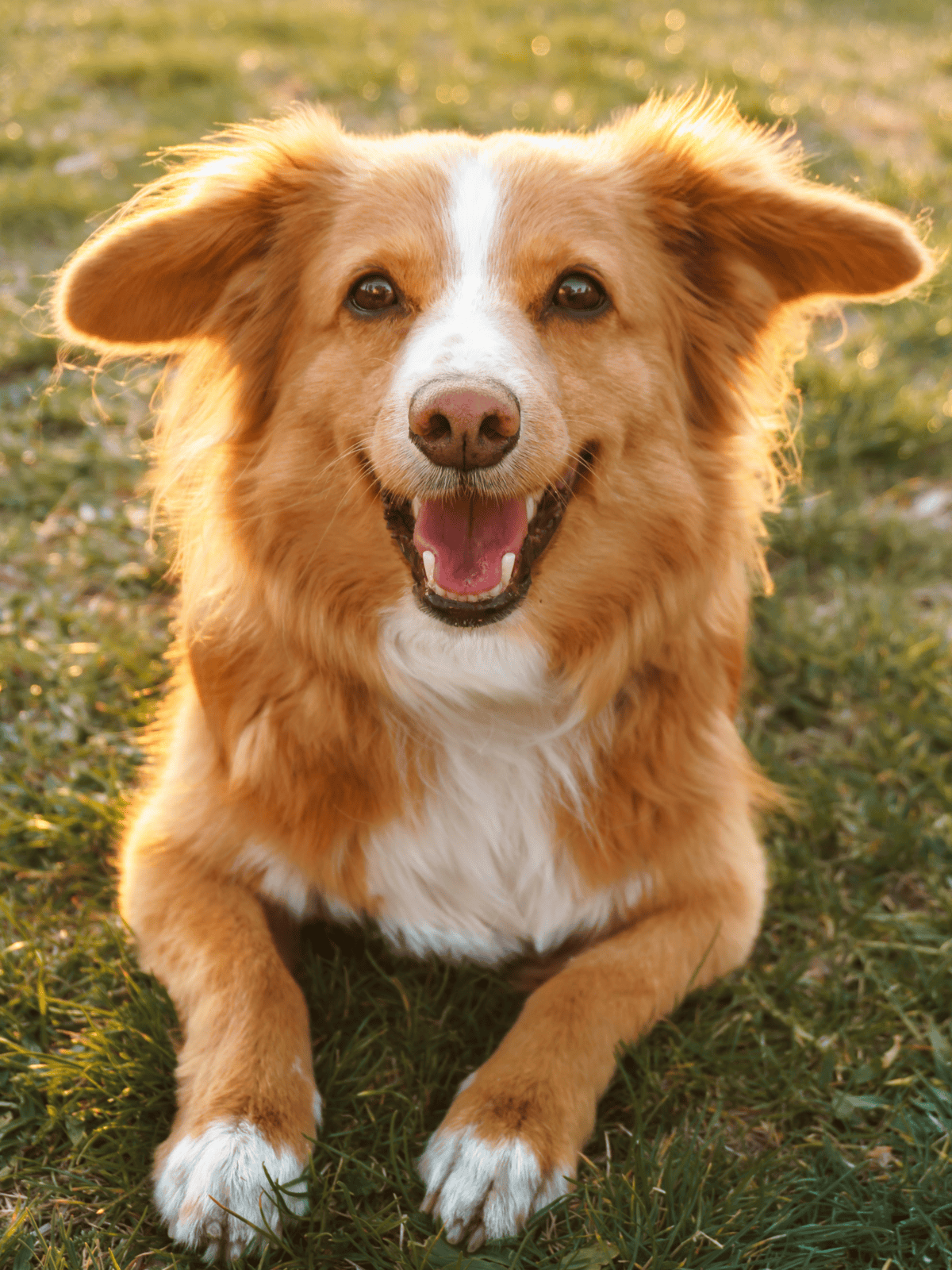
Non-core vaccines depend on the dog’s lifestyle. For instance, if they no longer frequent boarding kennels, certain shots might be skipped. Discussing vaccine types and intervals with a vet ensures the older dog stays protected without unnecessary risks.
Older dogs can sometimes have stronger reactions to vaccines. The vet might suggest a different type or brand of vaccine to reduce side effects. Always follow a vet’s advice for the best care.
What Diseases Do Dog Vaccines Prevent?
Rabies
Rabies is a deadly virus that affects the nervous system of dogs, other animals, and humans. This virus is primarily transmitted through bites from infected animals. If a dog contracts rabies, it can spread to people through bite wounds. Vaccinating dogs for rabies is a legal requirement in the U.S. Despite good vaccination efforts, cases still occur every year.
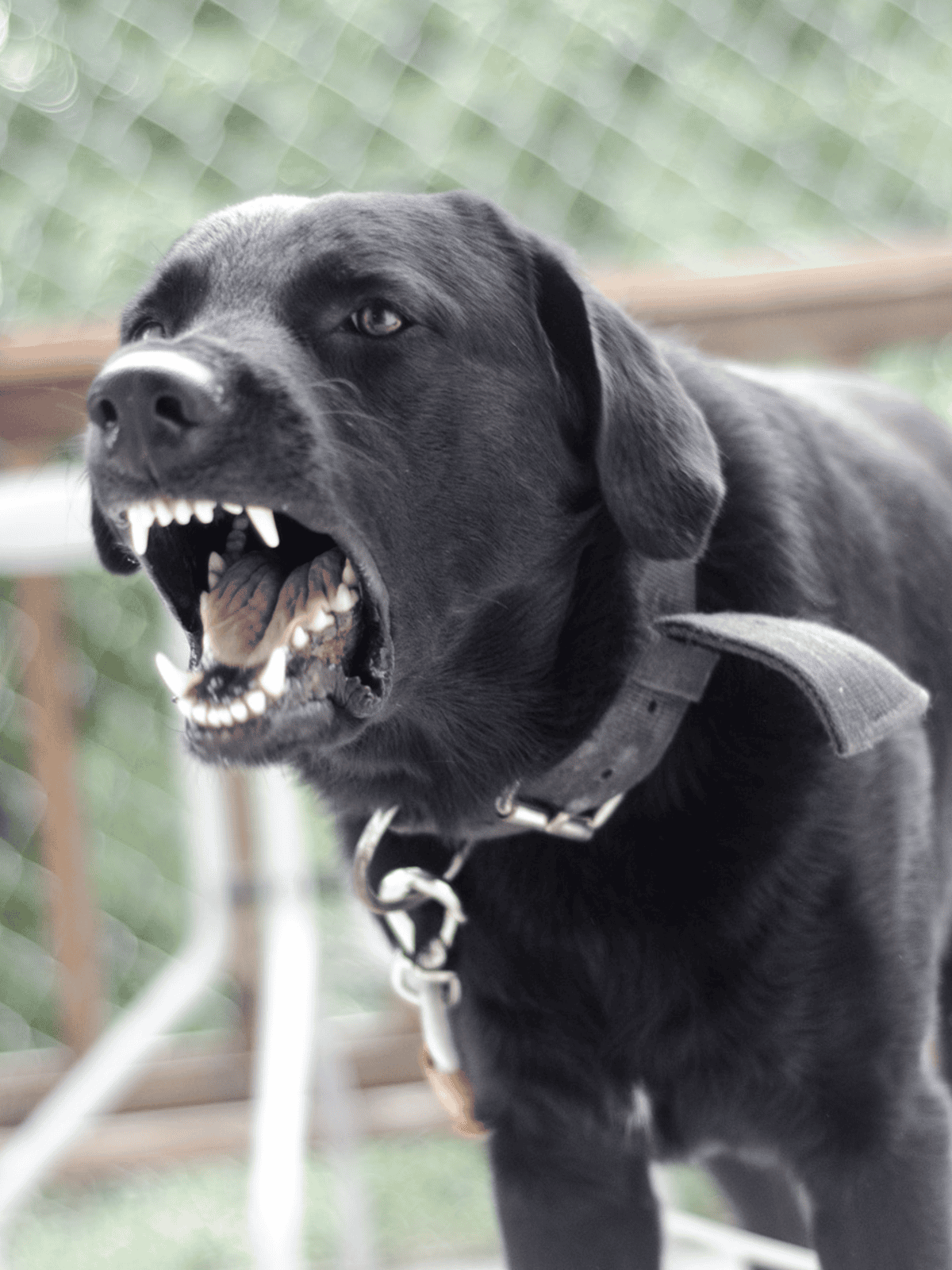
The rabies vaccine is crucial to prevent severe health issues and legal problems. If an unvaccinated dog or one overdue for its rabies shot gets exposed to the virus or bites someone, it could lead to health risks, quarantine, or even humane euthanasia. Consulting a vet ensures your puppy follows the right vaccine schedule.
Distemper, Adenovirus, and Parvovirus (DAP)

The DAP vaccine protects dogs against a mix of serious diseases.
- Canine Distemper: A highly contagious disease among unvaccinated dogs, leading to severe neurological symptoms, pneumonia, fever, encephalitis, and even death.
- Adenovirus 1: Also known as infectious canine hepatitis, this viral disease can cause respiratory issues, fever, liver failure, kidney failure, and eye problems.
- Parvovirus: This highly contagious virus is particularly hazardous for puppies. It causes vomiting, diarrhoea, lethargy, and dehydration and can be fatal if not treated.
Sometimes the vaccine also covers parainfluenza, changing its name to DAPP or DHPP.
Kennel Cough (Bordetella and Canine Parainfluenza)
Bordetella and canine parainfluenza are chief causes of kennel cough, a highly contagious respiratory disease in dogs. Although many cases resolve on their own, some can lead to pneumonia or severe respiratory issues.

Because of its contagious nature, many boarding facilities and doggy daycares require this vaccine. Parainfluenza may also be included in combination with Bordetella or the DAP vaccine.
Canine Influenza
Two types of viruses cause canine influenza in the U.S.: H3N2 and H3N8. It spreads easily among dogs, causing symptoms like coughing, nasal discharge, and mild fever.
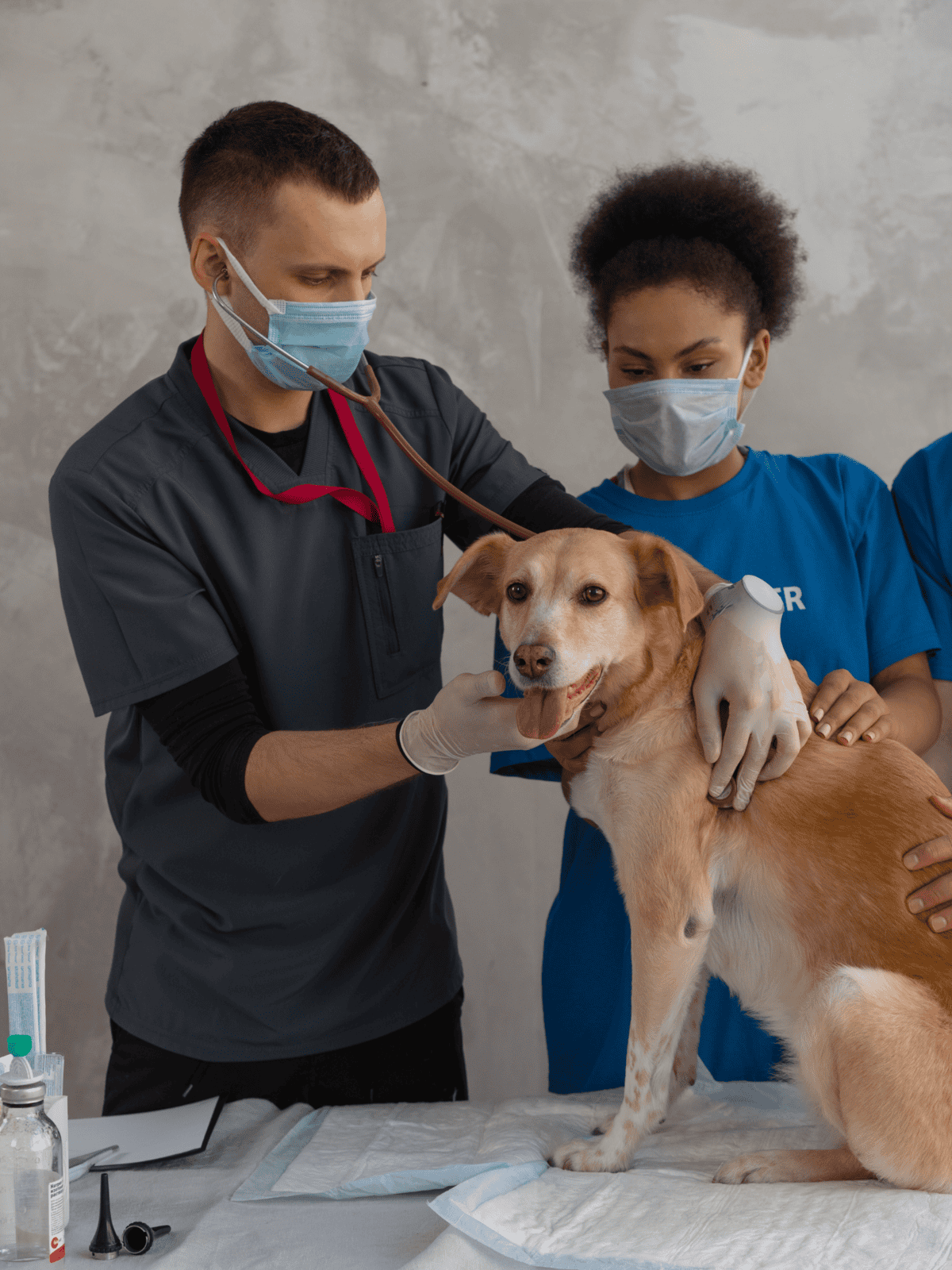
Influenza outbreaks can attract a lot of attention because of the risk of new flu strains affecting other species. Dogs that go to daycare, boarding, grooming, or other places with many dogs are often recommended to get this vaccine. Owners should discuss with their vet whether this vaccine is necessary for their pet.
Leptospirosis Disease
Leptospirosis is a bacterial disease that can cause severe kidney or liver failure in dogs and humans. It spreads through the urine of infected animals and can be found in rural and urban areas.
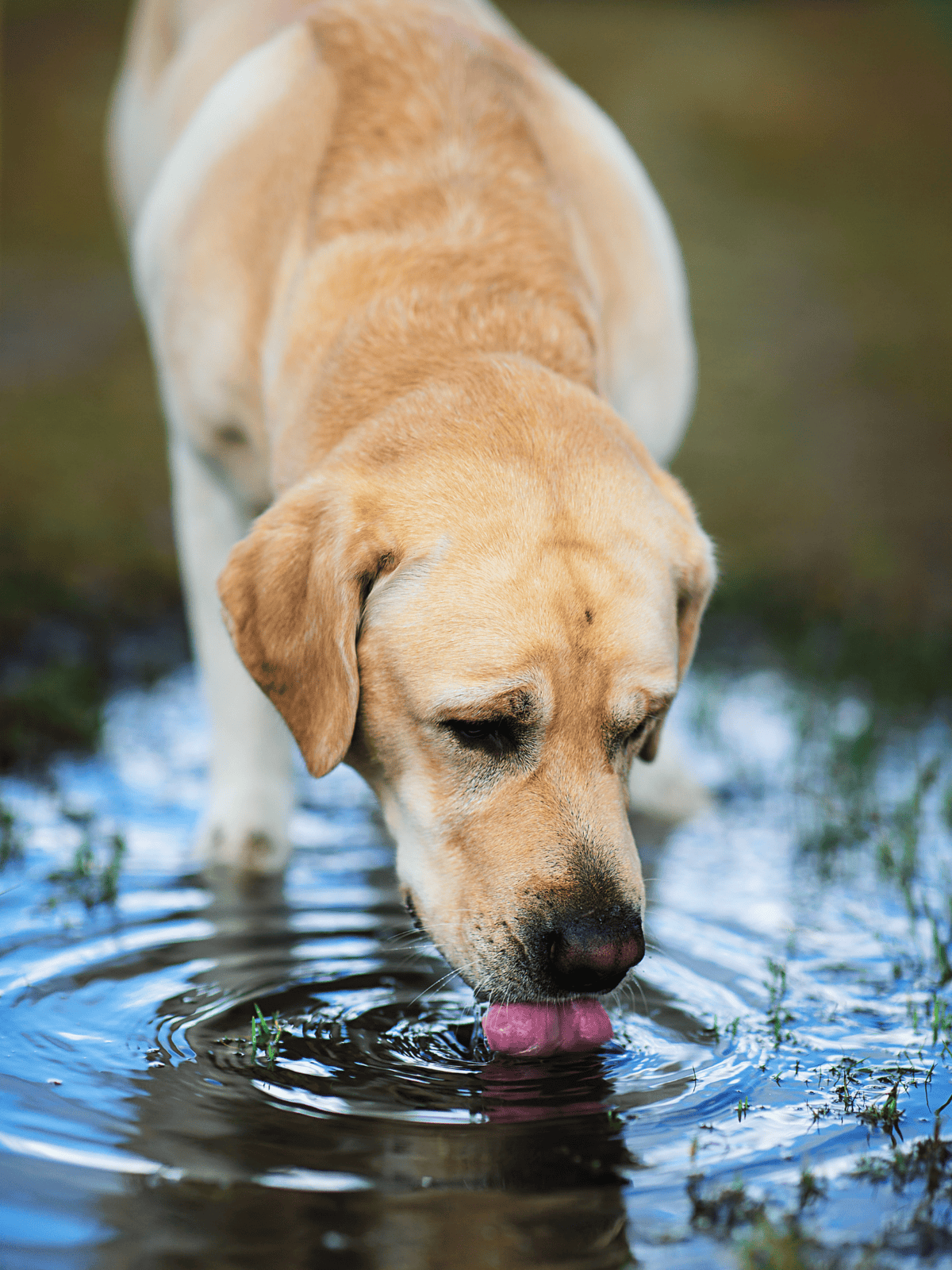
The vaccine is considered essential in regions where leptospirosis is common. Dogs can contract the illness by licking or standing in water contaminated by infected urine. Although initially recommended for dogs in rural areas, the disease has also been found in cities. The city of Boston had an outbreak in 2018 likely linked to infected city rats.
Because leptospirosis can spread to humans, it’s important to talk to a vet about whether this vaccine is needed. The vaccine covers four common serovars of leptospirosis. The first vaccine dose needs a booster shot in two to four weeks, and then it should be taken yearly.
Lyme Disease
Caused by bacteria from tick bites, Lyme disease can result in fever, lethargy, reduced appetite, shuffling leg lameness, and severe kidney failure in dogs.
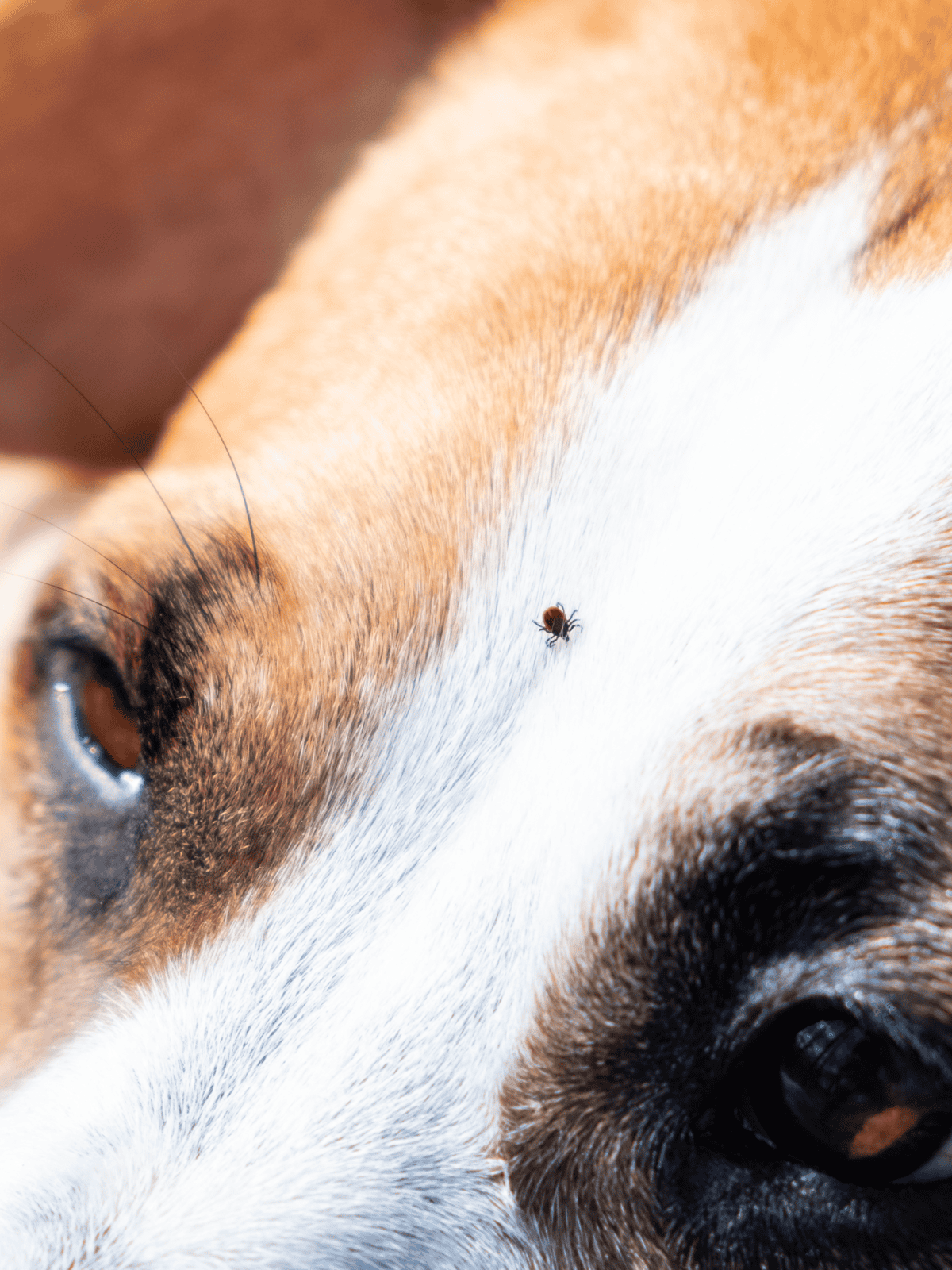
This disease is common in parts of the northeast, northern Midwest, and Pacific coast in the U.S. The vaccine is recommended in these regions or for dogs travelling to such areas. Owners should consult their vet about this vaccine. The vaccination process for Lyme disease involves two initial injections three to four weeks apart, followed by annual boosters.
Which Dog Vaccines Does My Pet Need?
Every dog requires core vaccines, but the need for non-core vaccines varies depending on individual circumstances. Consulting with your veterinarian is essential to determine the best vaccination plan for your pet.
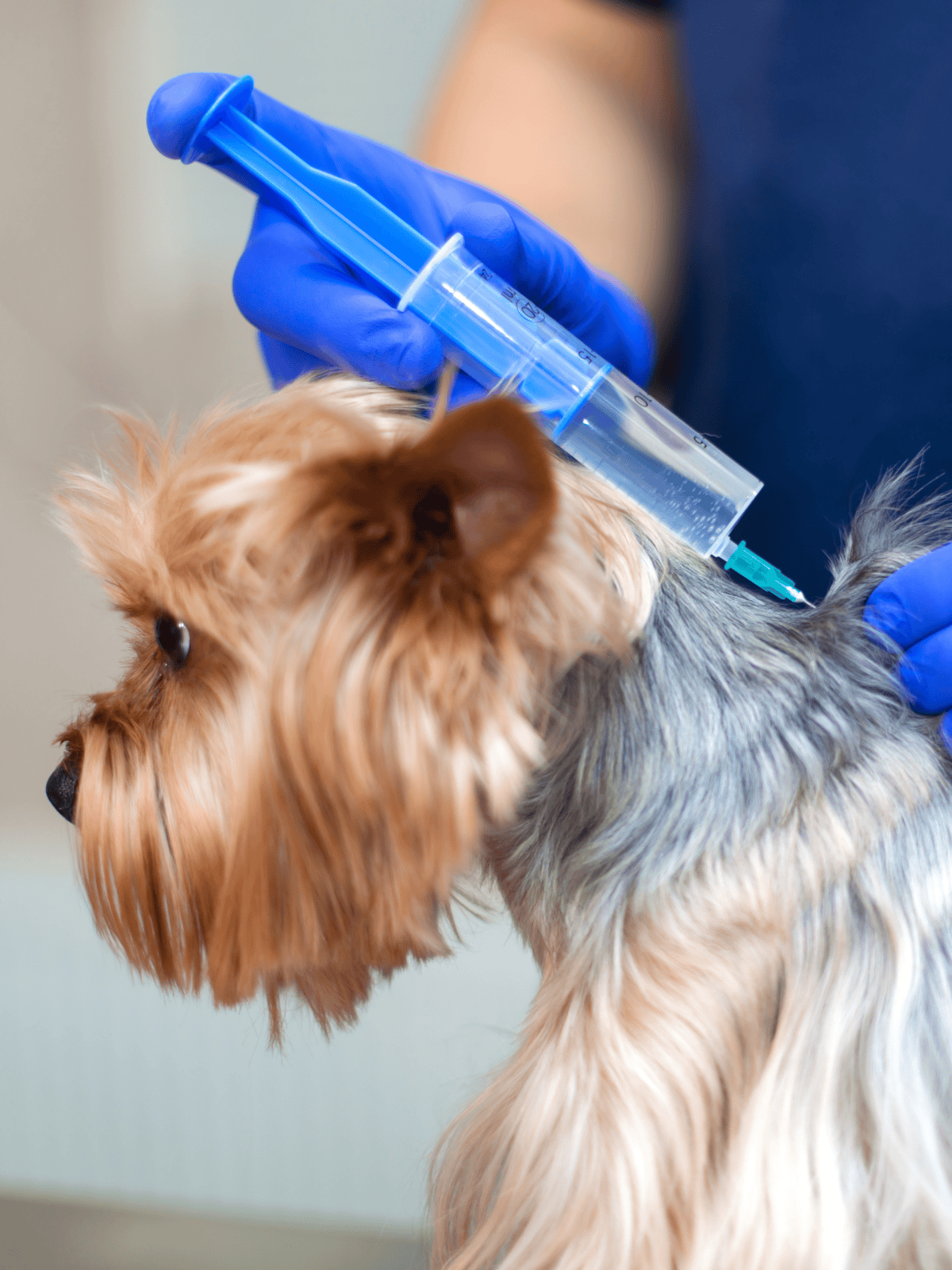
Core vaccines, such as rabies, distemper, parvovirus, and adenovirus, are universally recommended to protect against serious diseases. Beyond these, your vet can help assess your dog’s lifestyle and potential risks to decide if additional vaccines are necessary. This collaboration ensures your dog’s health is comprehensively safeguarded.
How Much Do Dog and Puppy Vaccines Cost?
Vaccines are crucial for keeping dogs and puppies healthy. When getting a new puppy, budgeting for their vaccines is important. Puppies usually get multiple vaccines, often requiring boosters. After the initial series, they will switch to an adult vaccine schedule, which may be yearly or every three years, depending on the vaccine.
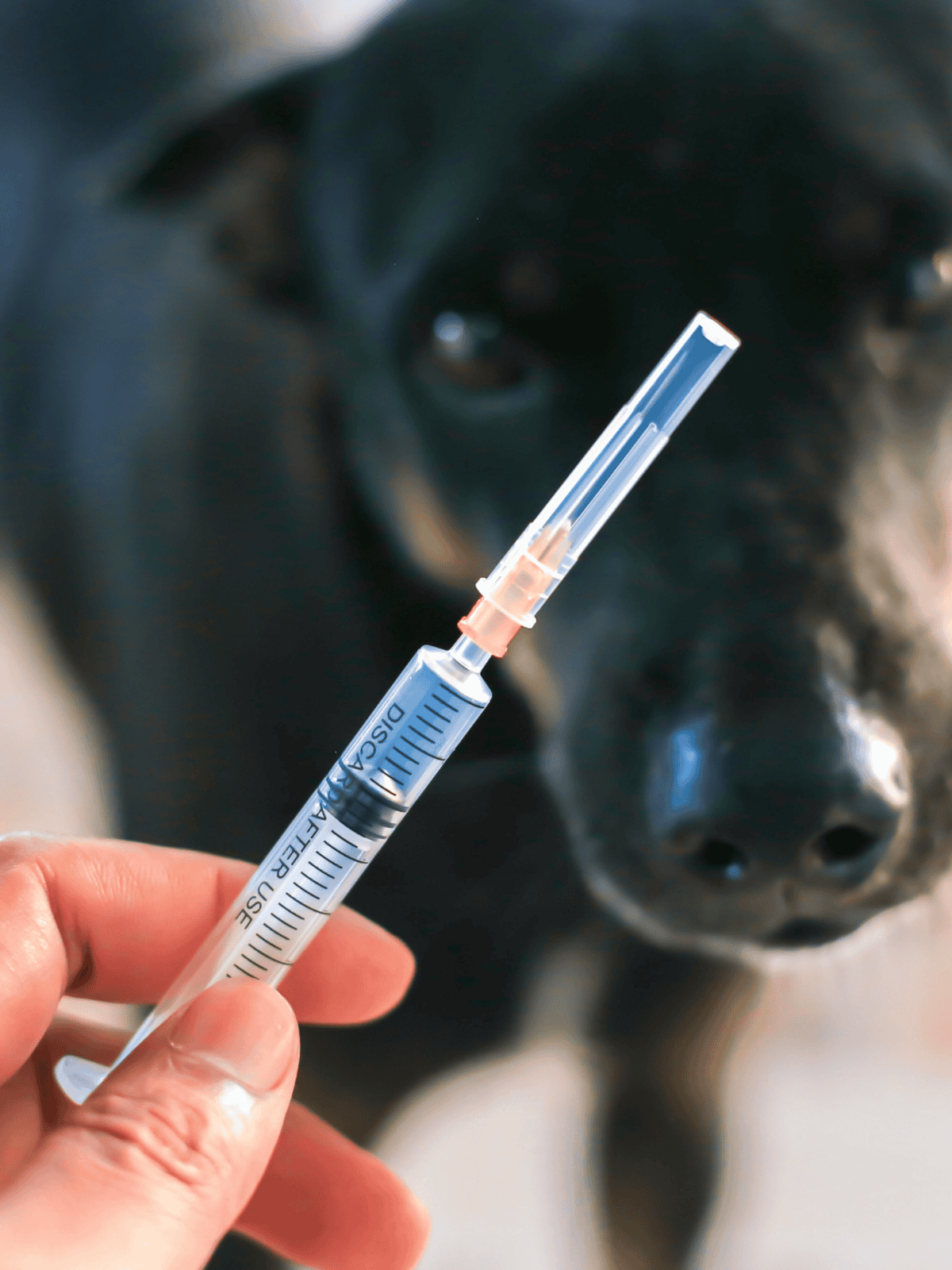
Vaccine costs can differ based on geographical location. Generally, the basic DHPP vaccine costs around $25 per shot. The rabies vaccine usually ranges from $15 to $20. Non-core vaccines vary in price but are typically under $100 each.
| Vaccine | Approximate Cost |
| DHPP | $25 |
| Rabies | $15–$20 |
| Non-Core Vaccines | Less than $100 |
To help with the cost, many local animal shelters and humane societies offer low-cost or even free vaccine clinics. It’s a good idea to ask your veterinarian about these options. Additionally, pet insurance can help offset vaccine expenses. Many insurance plans include coverage for wellness and preventative care, which often covers core and non-core vaccines.
Vaccine Storage and Handling
Proper storage and handling of vaccines are crucial to ensure their effectiveness. Vaccines should be stored in a refrigerator at temperatures between 2°C and 8°C. Using a thermometer to regularly check the temperature is important.

Do not freeze vaccines. Freezing can damage the vaccines and make them ineffective. Always store vaccines upright in the original packaging to protect them from light.

- Refrigerator temperature: 2°C – 8°C
- Check temperature regularly: Use a reliable thermometer
- No freezing: Do not store in the freezer
- Original packaging: Store upright and protect from light
Proper handling also includes record-keeping. Log the date of receipt, lot number, expiration date, and storage temperature.
Can Pets Have Adverse Reactions to Vaccines?
Dogs can experience adverse reactions to canine vaccinations, medications, and even natural vitamins and supplements. These issues are rare, but monitoring your pet after their vaccine appointment is crucial.

It’s common for dog vaccines to cause mild reactions, such as discomfort or swelling at the injection site. Dogs may also develop a mild fever or have decreased energy and appetite for the day. If any of these signs last more than 24 hours, contact your veterinarian.
Some serious side effects may appear within minutes to hours of the vaccination. Seek veterinary care immediately if your pet shows any symptoms such as:
- Vomiting
- Diarrhoea
- Swelling of the muzzle around the face and neck
- Coughing
- Difficulty breathing
- Itchy skin
- Hives
These reactions are less common but can be life-threatening. Inform your veterinarian if your pet has had a past reaction before any vaccinations are given.
Legal Requirements and Regulations
Every dog owner should know the legal requirements concerning vaccinations. These laws ensure pets and the public remain safe and healthy.
Rabies Laws
Rabies vaccination is mandatory in most places. Laws vary by region, so it’s important to check local regulations. Puppies usually get their first rabies shot at 12-16 weeks. This vaccine must often be administered by a licensed veterinarian.

Booster shots are typically required every one to three years, depending on the vaccine used and local mandates. Penalties for not following rabies laws can include fines or pet quarantine. In some areas, dogs must wear a rabies tag to show vaccination status.
Travel and Boarding
When travelling or boarding a dog, most facilities require proof of vaccination. Airlines and hotels often need a health certificate signed by a vet. This certificate usually includes rabies vaccination details and might also cover other vaccines like distemper and parvovirus.

Boarding kennels and daycares also have strict policies. They may require vaccines for kennel cough (Bordetella) and canine influenza. It’s best to contact the facility in advance to learn their specific requirements.
Failing to comply with these rules can result in refusal of service. Always plan ahead to ensure your dog meets all vaccination requirements for travel or boarding.
Community Health and Herd Immunity
Vaccinating dogs is crucial for community health. When enough dogs are vaccinated, it helps prevent the spread of diseases. This is known as herd immunity. Herd immunity protects dogs that can’t be vaccinated due to age or health issues.
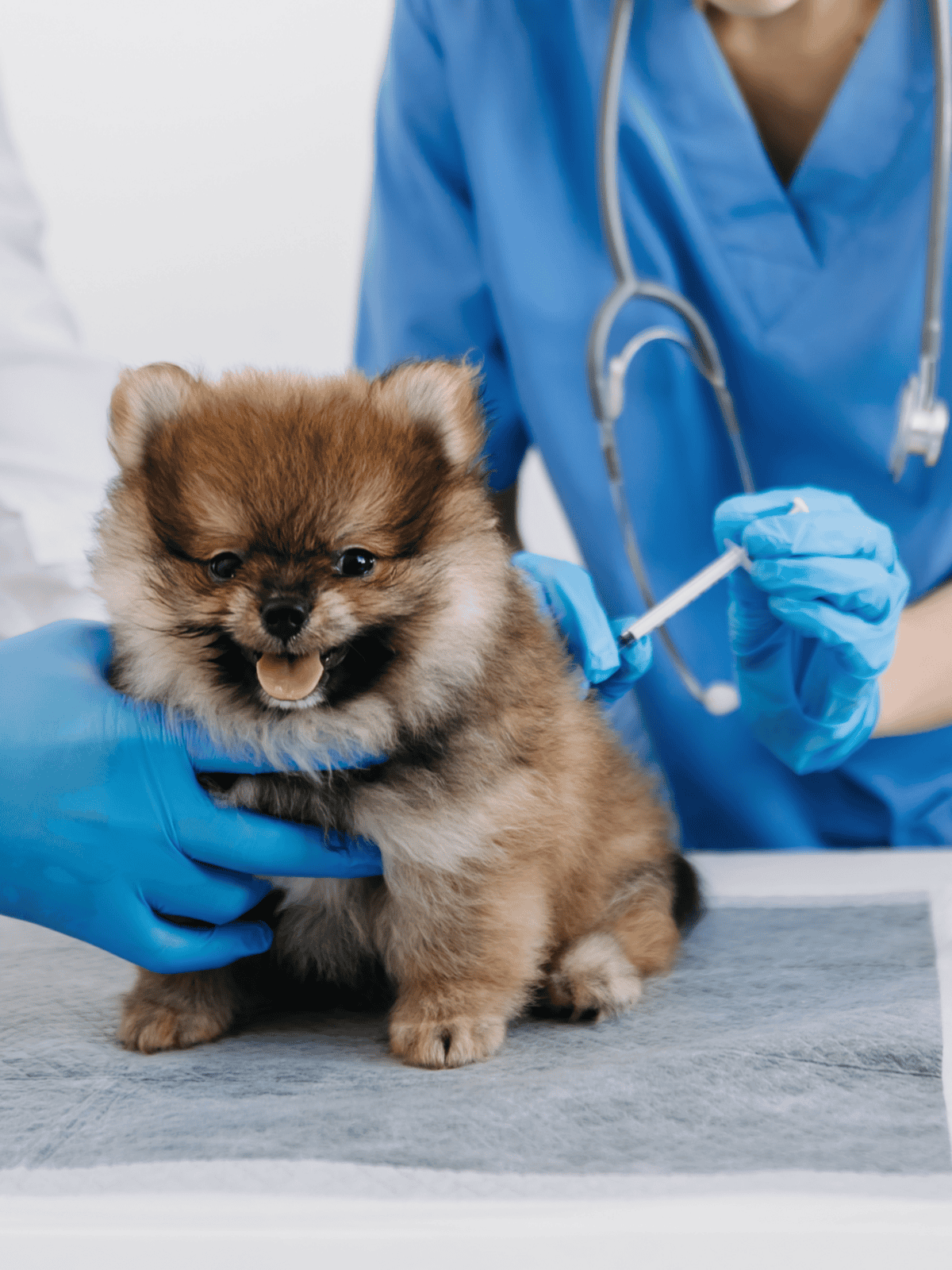
Benefits of Herd Immunity:
- Fewer outbreaks of diseases like parvovirus and distemper.
- Protection for puppies and older dogs with weaker immune systems.
- Reduced veterinary costs for the community.
Key Points:
- Herd immunity works only if a high percentage of dogs are vaccinated.
- This includes core vaccines like rabies, distemper, and parvo.
Even if a dog stays mostly at home, regular vaccinations are important. Pests like fleas and ticks can carry diseases. Plus, a healthy community of vaccinated dogs means fewer risks for everyone.
Owners should discuss vaccination schedules with their veterinarians. Regular check-ups ensure dogs receive necessary vaccines on time, aiding the larger effort of keeping all pets healthy.
